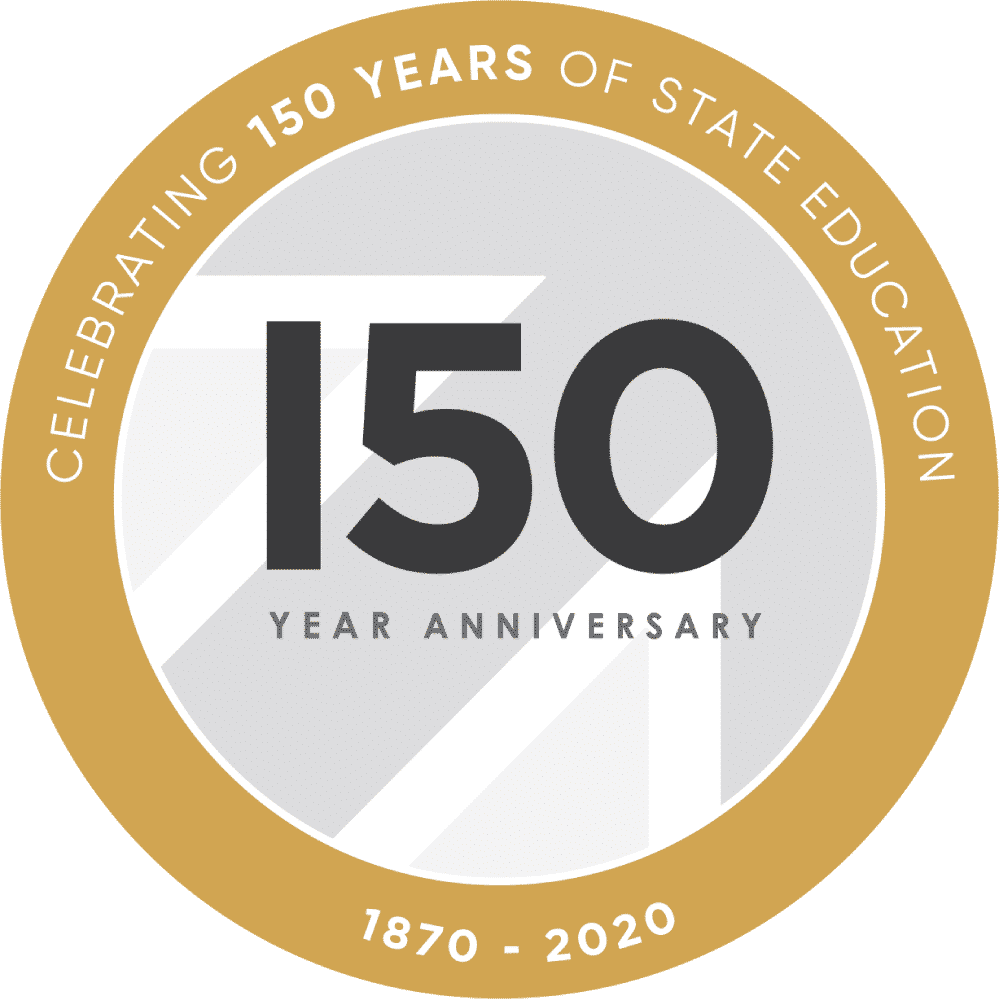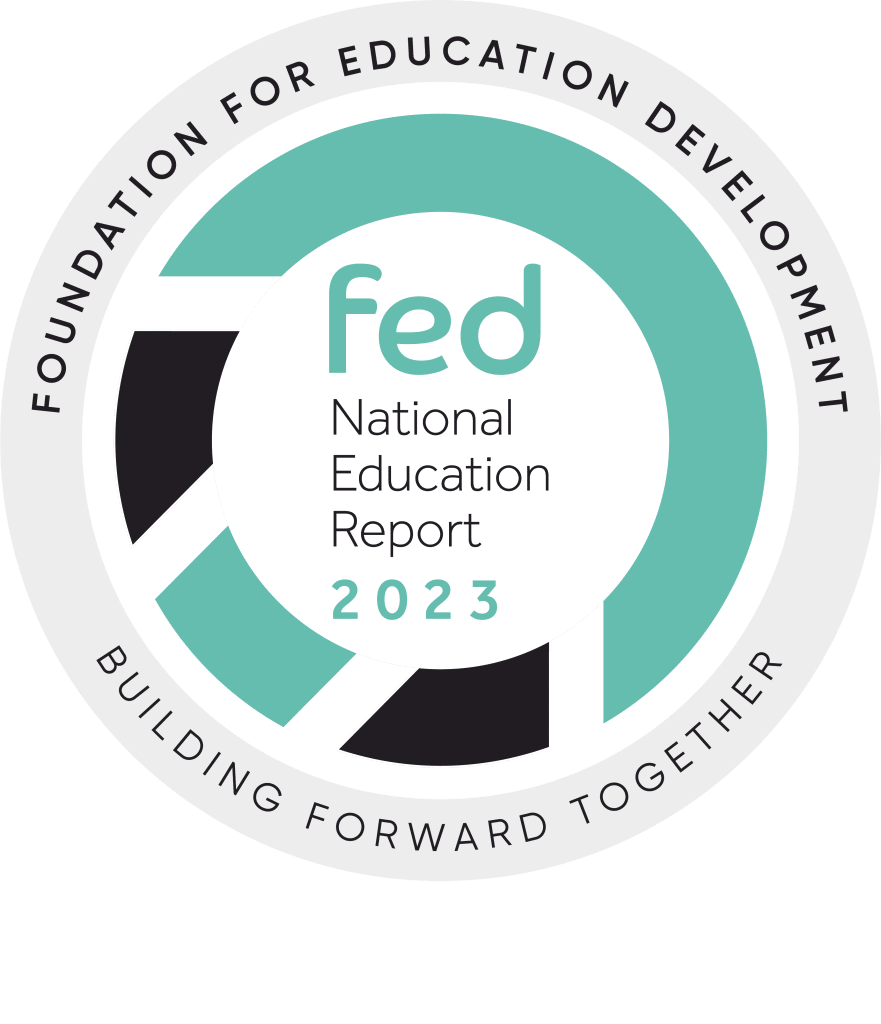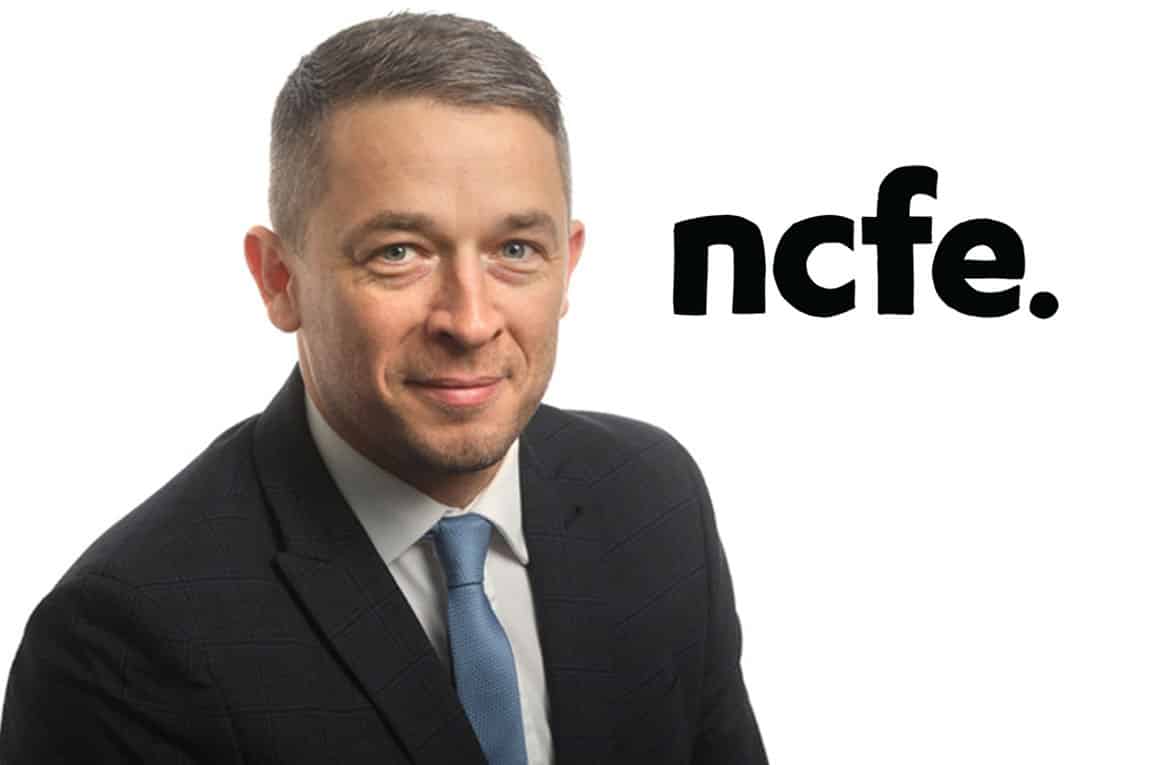As we move into the second year of our work at the Foundation for Education Development (FED) and following the launch of the FED National Education Consultation Report, we hosted a roundtable discussion seeking to answer the theme ‘Building a Skills Continuum: How can we build a continuum of skills and creativity from early years to post-16?’
In this blog, David Gallagher distils 10 next steps following the rich and inspiring roundtable discussion. David is a FED Advisory Council Member and CEO of NCFE, a leading educational charity, with business operations in Awarding, Assessment and Learning Technologies and Resources.
To encapsulate his contribution to the discussion, this was David’s overarching message:
‘Far too often we have a conversation in education around academic versus technical. I think we’re starting to move beyond that now, where it is academic plus technical. But is there another step? Academic, plus technical, plus human….and how that is right for every learner, in different contexts, with their different ambitions and their different goals.’
The academic and technical example David used at the roundtable was:
‘Show me a doctor that hasn’t got the vocational and technical skills, born through years of experience, and that’s probably not a doctor I want to see. Or show me a bridge built by an engineer who doesn’t have very strong academic maths skills. That isn’t a bridge I fancy crossing. So it’s not academic versus technical, we should be looking at academic AND technical AND human’
‘That is really building the contemporary education system that we need for a very rapidly changing, dynamic future.’
The 10 steps distilled by David Gallagher to conclude the roundtable were as follows:
Building the contemporary education system that we need
- Mapping and making sense of the future – should there be an organization charged with understanding this and translating into ‘actionable intelligence’ ’for the entire education system
- The role of employers – how can employer partnerships and partnerships between public, private and civil society develop ideas, tools, resources and best practice that can be deployed through and around formal education. This will best equip learners for the future and there are already great examples of where this happens from companies including Lego and Lloyds.
- Moving beyond ‘Skills for Jobs ’ to educational experiences that deliver the most fulfilling human and life experience, with a major emphasis on health, wellbeing, mental fitness and meta skills
- Cultivating the love for and joy of, learning. Creating meaningful learning experiences, including play – not just about what is learnt, but a renewed focus on the ‘how’. Creating the conditions for educators to be both inspired and inspiring. Balancing science and compliance with the art and soul of education and learning.
- Re-imagining assessment – we currently value what we can easily assess as opposed to what is truly meaningful, such as creativity, self-efficacy, self-awareness and self-confidence. But if we start with this end in mind, how will it shift what we deliver and how we deliver it? Could it and should it lead to re-imagining education. We need to see a seismic shift away from a ‘narrow outcomes’ focus, to the whole person/learner.
- Agency and ‘Motivated Drivers’ – ‘Every learner gets to choose their own adventure’ over a lifetime love of learning. Ensure that learners know what they have learned, why they have learned it and how to articulate their learning progress and achievement as a form of ‘currency’ that enables them to ‘buy’ what they want from life.
- Codifying and systematizing the skills/characteristics (and associated language) that are needed for learners to have the best educational, career and life experiences and outcomes – meta skills, true skills for life.
- Local and Global – we must best meet the needs of local communities and economies, whilst recognising that we are equipping learners to live, and possibly work, in a global economy and labour market. Any outcomes of learning need to be converted into a ‘globally recognised store of value
- Better evidence of ‘what works’, plus, what can work. We need a greater focus on the future and contemporary education, such as in the commercial world, in our rapidly, dynamically changing economy and society. There are benefits to having greater collaboration with our global neighbours including an understanding of what AND how they learn.
- Academic AND Technical/Vocational education AND human knowledge and skills are to be valued and delivered at every stage of a lifetime of learning.



